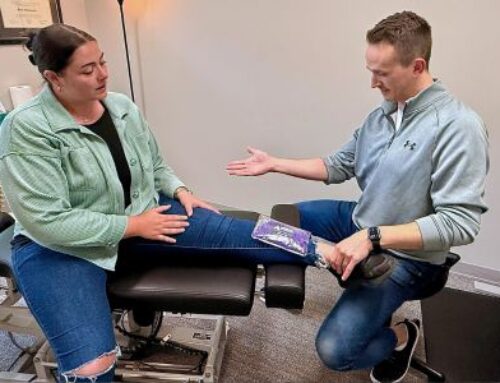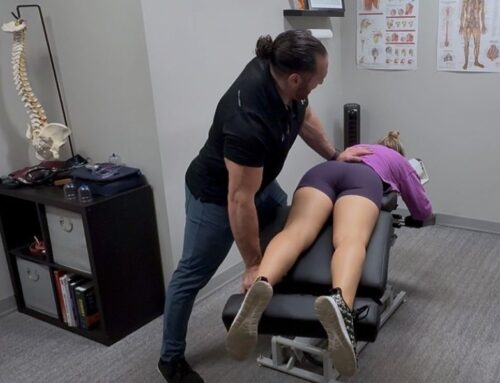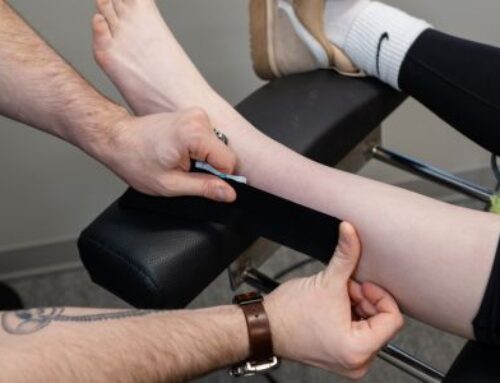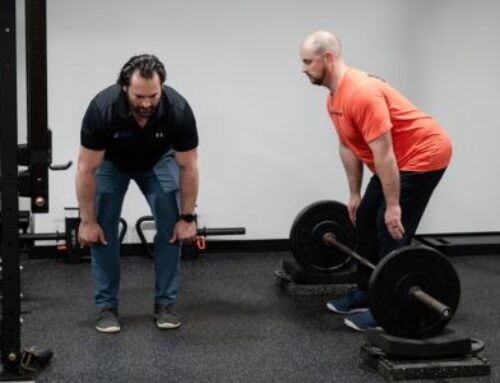It was about eight years ago, I was waking up in my Chicago apartment and getting ready to go to work at the dance company I was in at the time. I specifically recall going into the bathroom to brush my teeth. As I attempted to open my mouth and start brushing, I felt some of the worst pain I have ever felt. During the night, every muscle on the left side of my jaw went into spasm and I was totally incapable of opening my mouth. It was as if my mouth was wired shut. Any attempt to open it resulted in a deep stabbing pain. I decided to skip brushing my teeth for the moment and tried to use the hot water in the shower to help relax my jaw. I tried messaging my jaw, stretching it and ultimately after about an hour, I was able to finally open my mouth. It was still painful but at least it was bearable. That was my morning routine for a week following that first day, and throughout the next 6 or so years, I would have episodes where that pain and feeling of my jaw being locked would come back.
I didn’t know it at the time, but I was experiencing TMJ dysfunction: A very common condition, where one or both joints of the jaw function abnormally. There are many reasons this can happen.
So what is the TMJ? The TMJ, or temporomandibular joint is a joint formed by the attachment of the mandible (jaw) to the temporal bone (part of the skull).
How does the TMJ become dysfunctional? Effectively, there are three things that can go wrong with this joint causing pain and dysfunction. The most common problem is that the muscles of the joint go into spasm or are otherwise aggravated. Almost as common is that there is some kind of structural issue taking place. This can include either the bones or ligaments of the joint. Lastly though most certainly less common, is a disc injury. Similar to how we have discs in between the vertebrae of our spine, so too do we have a disc within the joint of our jaw. Like the discs in our spine, the one in our jaw can also herniate.
Any one of these underlying issues can result in pain and diminished function. Common symptoms of TMJ dysfunction include; pain at the joint line, an inability to either open or close your mouth, radiating pain along the jaw or into the back of your head, headaches and of course, clicking, grinding or a “popping” sound at the joint.
So why does this happen? Believe it or not, two of the most common causes of TMJ dysfunction are; having had braces and a history of oral surgery. The jaw is a very important but also delicate joint. There are a lot of nerves, muscles and connective tissue that make up and support the TMJ. Removing wisdom teeth or shifting the alignment of your teeth each have a profound effect on the overall structure of the jaw. As a result, most of my patients who come to me with TMJ issues have either had some form of oral surgery (like their wisdom teeth taken out) or have had braces.
So what do you do if you’re experiencing TMJ dysfunction? Well that answer should be obvious at this point, come see us! As someone who suffered from TMJ dysfunction for years, I was very invested in learning how to treat patients with this condition. For me, It wasn’t until chiropractic school that I finally got my TMJ issues under control. The answer was simple: treat each component of the jaw together. In the past I had seen different providers who each treated a specific component of the jaw but never all of them. One provider treated the muscles, one treated the nerves and one even gave me exercises to do to change how my jaw moved. But each provider I saw over those 6 years never really got me totally back to normal. What finally did it for me was incorporating all three approaches.
When my patients talk to me about TMJ issues, I explain to them that their condition is multifactorial. Treatment always includes; muscle work, stretches, jaw realignment and rehabilitation exercises. My goal is to retrain your jaw so that it can function the way it’s supposed to.
So if you have been suffering with jaw pain and haven’t been able to find a solution that works for you, call and schedule an appointment to see how we can help you!






I quite like looking through a post that can make
people think. Also, thank you for allowing me to comment!